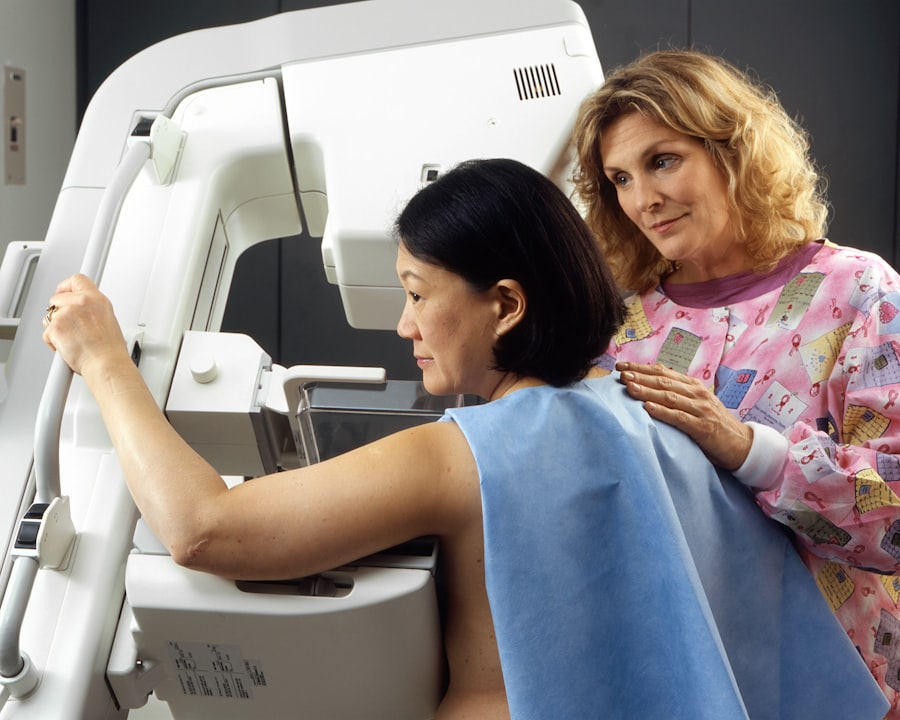ADHD, or Attention Deficit Hyperactivity Disorder, is a neurodevelopmental disorder that affects both children and adults. It is characterized by difficulties with attention, hyperactivity, and impulsivity. People with ADHD may have trouble focusing on tasks, staying organized, and controlling their impulses. This can lead to challenges in school, work, and relationships. ADHD is not a result of laziness or a lack of intelligence, but rather a complex combination of genetic, environmental, and neurological factors. It is important to understand that ADHD is a legitimate medical condition that requires proper diagnosis and treatment.
ADHD can manifest differently in different individuals. Some people may struggle more with inattention, while others may struggle more with hyperactivity and impulsivity. It is also important to note that ADHD can coexist with other conditions such as anxiety, depression, and learning disabilities. Understanding the complexities of ADHD can help individuals and their loved ones have more empathy and patience when dealing with the challenges it presents. It is also important to recognize that ADHD is not a one-size-fits-all condition, and treatment plans should be tailored to the specific needs of each individual.
Key Takeaways
- ADHD is a neurodevelopmental disorder that affects both children and adults, impacting attention, hyperactivity, and impulsivity.
- Symptoms of ADHD can include difficulty focusing, restlessness, impulsivity, and disorganization, which can impact daily life and relationships.
- Seeking professional help from a healthcare provider or mental health specialist is crucial for an accurate diagnosis and effective treatment plan.
- Finding a clinic or specialist near you who specializes in ADHD can provide the necessary expertise and support for managing the disorder.
- Researching testing options and making an appointment for an evaluation can help determine the best course of action for managing ADHD symptoms.
Recognizing the Symptoms
Recognizing the symptoms of ADHD is the first step in seeking help for the condition. In children, symptoms of inattention may include being easily distracted, forgetfulness, and difficulty following instructions. Symptoms of hyperactivity may include fidgeting, talking excessively, and difficulty staying seated. Impulsivity symptoms may include interrupting others, difficulty waiting their turn, and acting without thinking. In adults, symptoms may manifest differently, with difficulties in organization, time management, and maintaining relationships.
It is important to note that everyone may experience some of these symptoms from time to time, but for individuals with ADHD, these symptoms are persistent and interfere with daily functioning. If you or someone you know is experiencing these symptoms on a regular basis and it is impacting their quality of life, it may be time to seek professional help.
Seeking Professional Help
Seeking professional help is crucial in getting an accurate diagnosis and developing an effective treatment plan for ADHD. The first step in seeking help is to schedule an evaluation with a qualified healthcare professional. This may include a primary care physician, psychiatrist, psychologist, or neurologist. These professionals can conduct a thorough assessment to determine if ADHD is the cause of the symptoms and rule out other potential causes.
It is important to be open and honest during the evaluation process in order to provide the healthcare professional with a clear understanding of the symptoms and their impact on daily life. This may involve providing a detailed medical history, completing questionnaires, and discussing any concerns or challenges related to ADHD symptoms. Seeking professional help can provide individuals with the support and guidance needed to effectively manage ADHD and improve their overall well-being.
Finding a Clinic or Specialist Near You
| Location | Number of Clinics/Specialists | Distance from Your Location | Accepted Insurance |
|---|---|---|---|
| Downtown | 15 | 2 miles | Yes |
| Suburbs | 10 | 5 miles | No |
| Rural Area | 5 | 10 miles | Varies |
Finding a clinic or specialist near you who specializes in ADHD can be a daunting task, but it is an important step in getting the help you need. Start by asking for recommendations from your primary care physician, friends, or family members who may have experience with ADHD specialists. You can also use online resources such as directories from professional organizations or healthcare provider websites to find specialists in your area.
When researching clinics or specialists, consider factors such as location, availability, and expertise in treating ADHD. It is important to find a provider who has experience working with individuals with ADHD and who can offer comprehensive care that meets your specific needs. Once you have identified potential clinics or specialists, take the time to research their credentials, read patient reviews, and schedule a consultation to discuss your concerns and treatment options.
Researching Testing Options
Researching testing options for ADHD is an important step in the evaluation process. There are several types of tests that may be used to assess ADHD, including behavioral assessments, cognitive tests, and rating scales. These tests can help healthcare professionals gather information about symptoms, functioning, and potential coexisting conditions.
Behavioral assessments may involve observing behavior in different settings such as home and school to gather information about attention, hyperactivity, and impulsivity. Cognitive tests may assess areas such as attention, memory, and executive functioning to identify potential cognitive deficits associated with ADHD. Rating scales completed by parents, teachers, or the individual themselves can provide valuable information about symptoms and their impact on daily life.
It is important to discuss testing options with your healthcare professional to determine which assessments are most appropriate for your specific situation. Understanding the testing process can help alleviate any concerns or anxiety about the evaluation and provide valuable information for developing an effective treatment plan.
Making an Appointment

Making an appointment for an ADHD evaluation is an important step in getting the help you need. Once you have identified a clinic or specialist near you, contact their office to schedule a consultation. Be prepared to provide information about your concerns related to ADHD symptoms and any previous evaluations or treatments you may have received.
During the appointment, be open and honest about your symptoms and their impact on your daily life. This may involve discussing challenges at work or school, difficulties in relationships, and any coexisting conditions such as anxiety or depression. It is important to ask questions about the evaluation process, potential treatment options, and what to expect moving forward.
Making an appointment for an ADHD evaluation can be a proactive step in taking control of your health and well-being. By seeking professional help and actively participating in the evaluation process, you can gain valuable insights into your symptoms and develop a personalized treatment plan that meets your specific needs.
Preparing for the Evaluation
Preparing for an ADHD evaluation involves gathering information and taking steps to ensure a thorough assessment. Start by organizing any relevant medical records, including previous evaluations, treatments, and any coexisting conditions such as anxiety or depression. This can provide valuable insights for the healthcare professional conducting the evaluation.
It is also important to prepare a list of questions or concerns related to ADHD symptoms that you would like to discuss during the evaluation. This may include challenges at work or school, difficulties in relationships, and any specific goals or expectations for treatment. Being proactive in preparing for the evaluation can help ensure that all relevant information is discussed and addressed during the appointment.
In addition to gathering information and preparing questions, it is important to take care of yourself leading up to the evaluation. This may involve getting adequate rest, engaging in stress-reducing activities, and maintaining a healthy lifestyle. By taking steps to prepare for the evaluation, you can approach the process with confidence and actively participate in developing an effective treatment plan for ADHD.
Looking for a reliable resource to learn more about ADHD testing and diagnosis? Check out this informative article on ADHD testing at ADHD-testing.com. This comprehensive guide provides valuable insights into the process of getting tested for ADHD and offers helpful tips for finding testing facilities near you. Whether you’re seeking information for yourself or a loved one, this article is a must-read for anyone navigating the journey of ADHD diagnosis.
FAQs
What is ADHD?
ADHD stands for Attention Deficit Hyperactivity Disorder. It is a neurodevelopmental disorder that affects both children and adults, causing difficulties with attention, hyperactivity, and impulsivity.
Where can I get tested for ADHD near me?
You can get tested for ADHD at various places such as mental health clinics, hospitals, private practices, and specialized ADHD clinics. It is important to consult with a healthcare professional to determine the best place for testing.
Who can conduct ADHD testing?
ADHD testing is typically conducted by licensed healthcare professionals such as psychologists, psychiatrists, neurologists, and specially trained primary care physicians.
What does ADHD testing involve?
ADHD testing involves a comprehensive assessment that may include interviews, questionnaires, behavioral observations, and cognitive testing to evaluate attention, hyperactivity, impulsivity, and other related symptoms.
How long does ADHD testing take?
The duration of ADHD testing can vary depending on the individual’s specific needs and the healthcare provider conducting the assessment. It may take several hours or multiple appointments to complete the testing process.
What should I expect after ADHD testing?
After ADHD testing, the healthcare provider will review the results with you and discuss potential treatment options if a diagnosis is made. This may include medication, therapy, and other interventions to manage ADHD symptoms.














